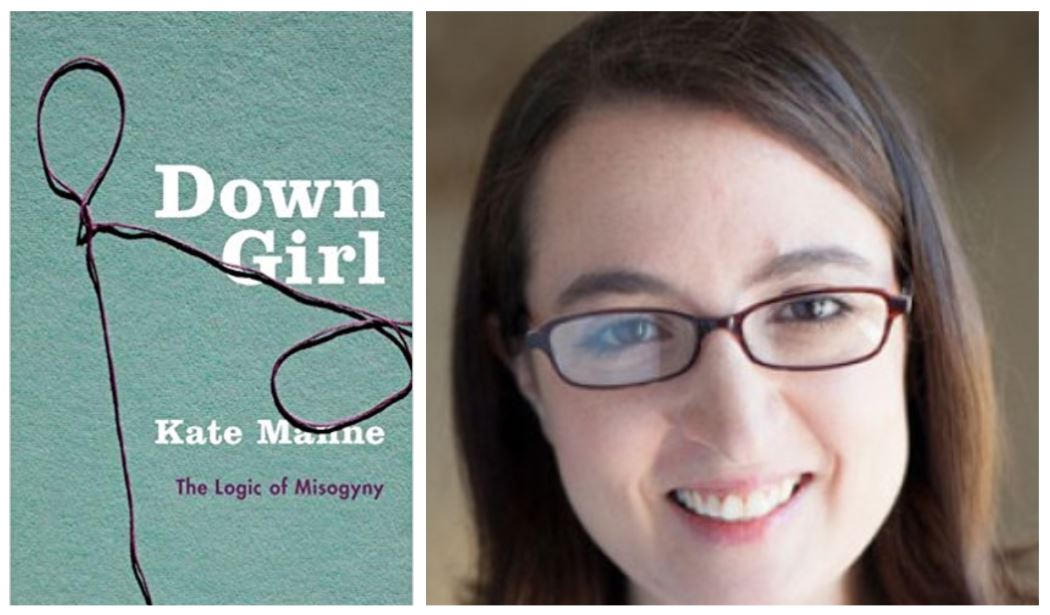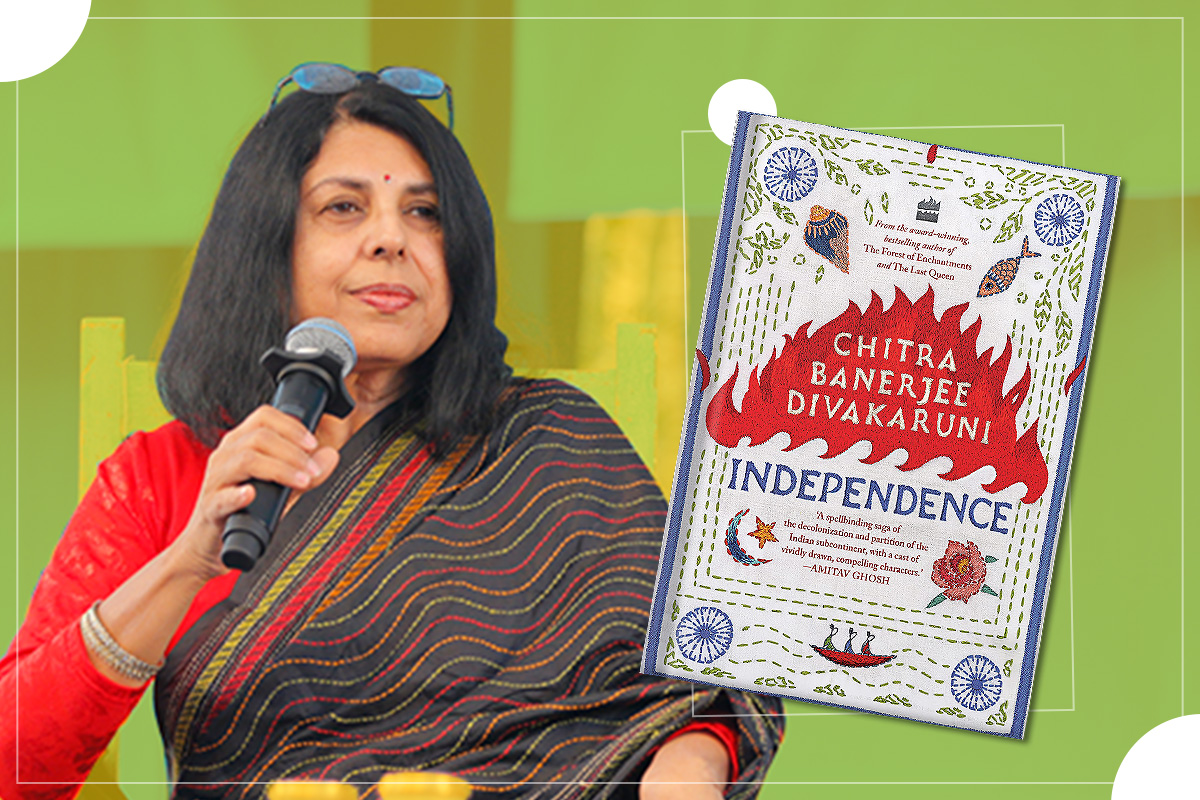Down Girl: The Logic of Misogyny by Kate Manne is a philosophical enquiry into what misogyny really is, in terms of what it does to its victims. The book is the first of its kind in the tradition of feminist analytical philosophy.
The simple dictionary definition of misogyny (mass noun) is hatred for women. Manne finds this definition inadequate, as it fails to capture what misogyny does to its victims, who are often (but not always) women. She terms it the naïve conception of misogyny. This conception considers misogyny as a primarily psychological problem, as an attitude existing in the mind of the (male) perpetrator. In reality, however, even perpetrators of gender-based violence do not necessarily hate women. This does not however mean they are not misogynists.
Also read: #MeTooIndia: How Toxic Masculinity And Misogyny Caused Me Trauma
Consider Elliot Rodger who, in revenge for all the women who had rejected him, had set out to shoot women from the hottest sorority in University of California Santa Barbara before shooting himself. Many writers denied the feminist attribution of misogyny to his actions for reasons including his psychological instability, the fact that he ended up killing more men, and that he did not hate women, but rather desired them too much. Reading these reactions in 2014, Manne realised the narrative of misogyny was conceptually and emotionally flawed.
The naïve conception of misogyny shifts attention from systemic conditions towards perpetrators’ psychologies, thereby giving rise to what Manne calls himpathy. Himpathy refers to the excessive sympathy given to (male) perpetrators, rather than victims, of sexual violence. It reverses the narrative of blame and gives rise to testimonial injustice.
Manne reconceives misogyny as the policing system of patriarchy, which goes beyond mere symbolic hatred for or prejudice against women. Misogyny is premised upon the idea that it is acceptable for women to owe men certain obligations such as domestic, reproductive, and emotional labour, which confine them to occupying designated places in a man’s world.
When women fail to provide what is expected of them, ask the same in return, or compete with men, misogyny punishes them through a series of ‘down girl’ moves. These include infantilisation, dehumanisation, ridicule, mockery, humiliation, slurs, demonisation, sexualisation or desexualisation, silencing, shunning, shaming, blaming, condescending, and more forms of disparaging treatment. Misogyny opens up the possibility of deferring or displacing aggression. Therefore, any woman could be a potential target of misogynistic treatment.
The patriarchal order depends on sexism for its theory and ideology, and misogyny for its enforcement. To quote Manne, while “Sexism wears a lab coat; misogyny goes on witch hunts.” Sexism and misogyny can exist independently in individual agents.
Misogyny does not always dehumanise women, but rather, sees them as human givers.
Donald Trump is not necessarily sexist, as from his actions, it not evident that he genuinely believes that women are inferior to men. Many of his businesses feature women in key leadership positions. However, there is no question of Trump’s misogyny, as evidenced by his 2016 campaign rhetoric, and history of sexual assault and harassment. In society however, Manne shows that sexism and misogyny necessarily coexist. Both logically follow from patriarchy.
Misogyny does not always dehumanise women, but rather, sees them as human givers. Human givers are expected to be caring and nurturing, but are derided for expecting the same in return. Moreover, women are expected to steer clear from those areas which men consider theirs. Even when women enter areas historically dominated by men, such as politics, STEM, and academia, they are derided for not catering to the emotional roles women are expected to play.
They may be termed as cold, callous, distant, and indifferent, as compared to their male counterparts for the same behaviour. Misogyny not only restricts women and punishes them from violating gender norms, but also rewards women who abide by said gender norms, for being loving wives, cool girlfriends, and loyal secretaries. Misogyny can turn women against women.
Manne’s account is ameliorative and follows conceptual as well as descriptive lines of enquiry. Her writing style is extremely articulate. The book is set in the Anglophone cultural contexts and seemingly post-patriarchal societies of America and Australia. Even in societies where there has been progress towards equality in opportunities across genders, misogyny continues to operate.
She illustrates her points by using contemporary examples (real and fictional) from her cultural memory. Real-life incidents cited in the book include the Brock Turner rape case (which is a classic example of himpathy), Rush Limbaugh’s lewd verbal attack on Sandra Fluke for demanding university health insurance coverage of contraceptives, Daniel Holtzclaw’s sexual harassment of vulnerable women, and family annihilator cases. She also considers two female politicians – Julia Gillard, who served as Prime Minister of Australia between 2010 and 2013, and Hillary Clinton, who competed in the 2016 U.S. Presidential Campaign against Donald Trump.
Manne reveals that Clinton’s defeat in the elections was the culmination of a sustained discursive effort to portray her in different ways as incapable of or wrong for the presidential office.
The book provides an illuminating account of the pervasiveness of misogyny, and unveils its contemporary cultural logic. It is immensely comprehensive and accessible, though a slow read. The book can be difficult in places, due to the content it deals with. Manne’s concept of himpathy is a lasting contribution to yet another problem which had no name. She is working towards expanding on himpathy in a book project, as a continuation to Down Girl.
Manne maintains an intersectional perspective and addresses the issue of race. She also briefly considers ability, sexuality, and sexual orientation. She is aware of her privileged and limited perspective, and hopes more researchers fill in the gaps in her account, especially developing on trans-misogyny and misogynoir. Though her account is explicitly situated in an Anglophone seemingly post-patriarchal society, the systemic model she provides may be applied to contexts elsewhere. Reading the book, I found myself guilty of practicing misogyny; especially in judging women I had conflicts with by less forgiving standards.
Women have been consistently put down for not following the very due process which shifts the narrative of blame from the perpetrator to the victim, through unjust, yet all too familiar practices.
Unlike the societies Manne explores, India is not post-patriarchal, not even deceptively. Instances of misogyny here are more straightforward, upfront, and visible. Her book is a reminder to us that it takes much more than women’s entry and visibility in the public sphere to overcome misogyny.
Thus, even when we have women in positions of power and we improve considerably in development indicators such as education, healthcare, and workforce participation, misogyny might remain entrenched. As long as men feel entitled to positions of power, and privilege, and as long as women continue to be considered human givers, misogyny, being a systemic condition, will prevail.
In the context of #MeToo, and its misogynistic backlash, a thorough understanding of misogyny is absolutely necessary. Himpathy has been one of the responses to allegations in India. Women have been consistently put down for not following the very due process which shifts the narrative of blame from the perpetrator to the victim, through unjust, yet all too familiar practices.
Also read: Book Review: Hunger – A Memoir Of My Body By Roxane Gay
Manne’s book is a must-read for anyone who is interested in gender-based violence, or in understanding how misogyny works in the public sphere. It demystifies misogyny, laying bare its philosophical justifications. The book is a call for further thinking on misogyny.
Warning: The book features descriptions of violence, so it might be emotionally difficult to read.
About the author(s)
Ashraya is a masters student in Development Studies at IIT Madras. When she isn't clicking pictures of the most overlooked everyday objects, she is thinking about space, gender, politics, and the environment.




